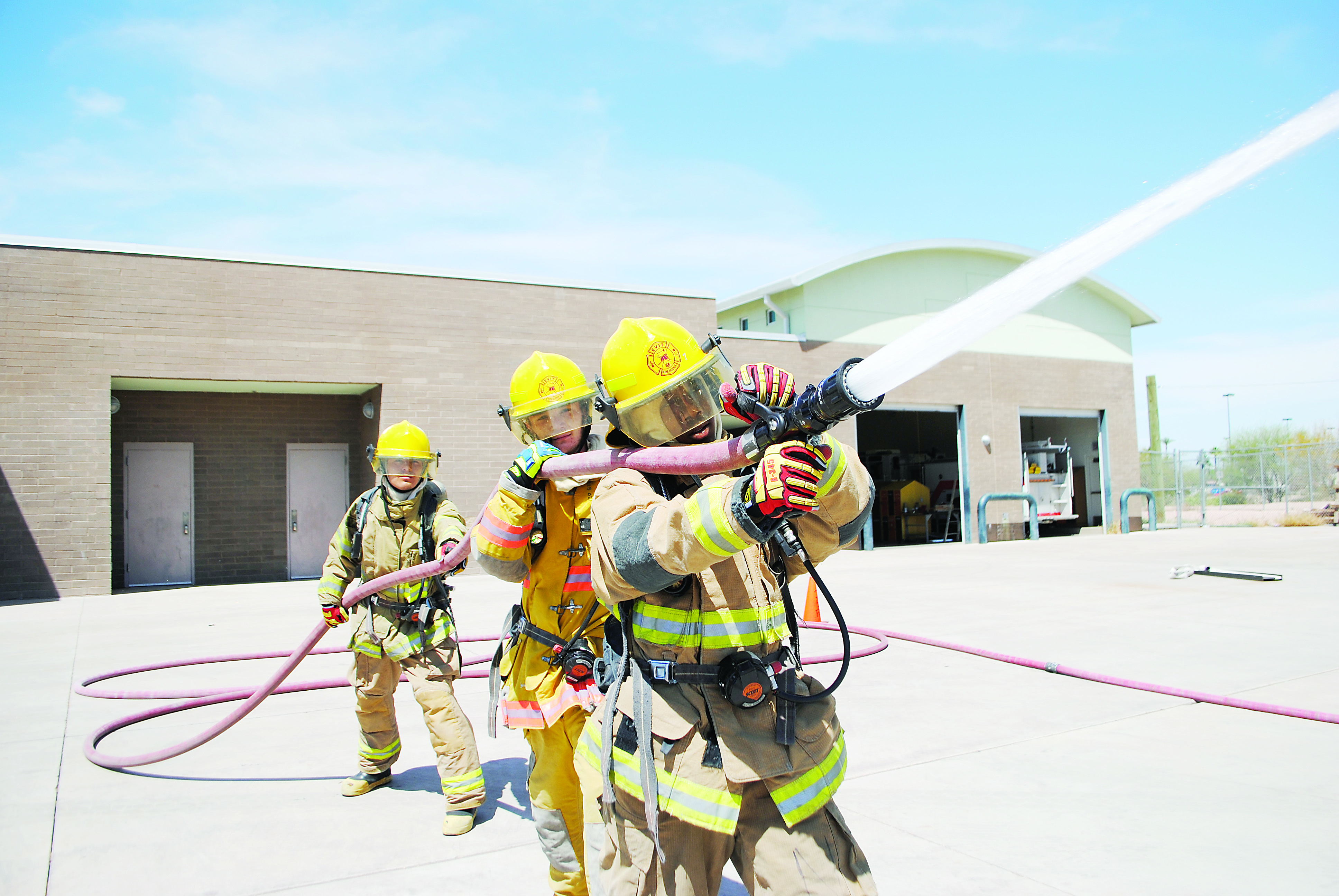Small cadre of attorneys share spotlight where law and politics collide
Gary Grado//November 5, 2013//[read_meter]
Small cadre of attorneys share spotlight where law and politics collide
Gary Grado//November 5, 2013//[read_meter]
Bush v. Gore is the ultimate example of politics and law intersecting and it shows how lawyers can affect an election in a dramatic way. But in Arizona, every election...

















